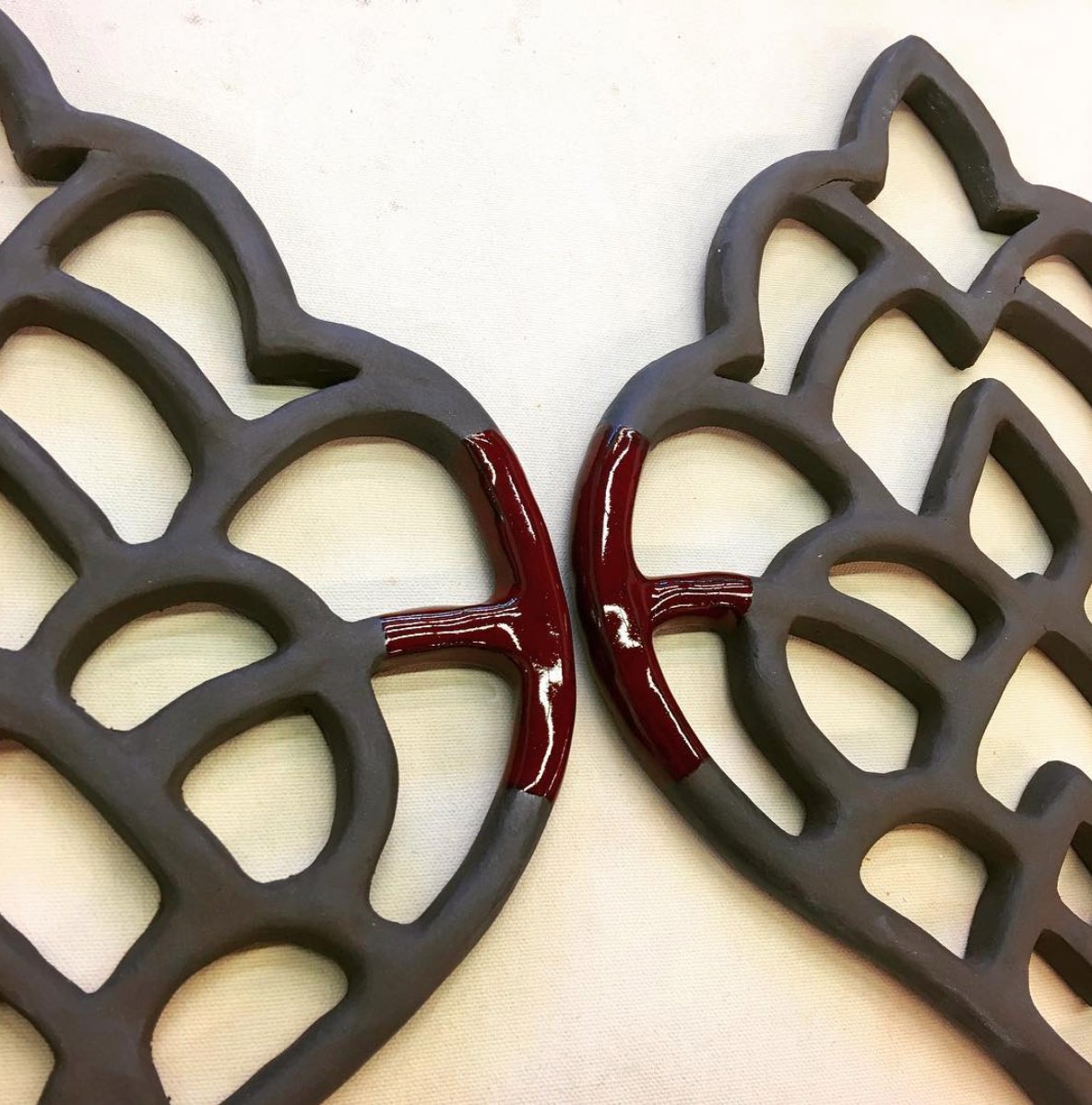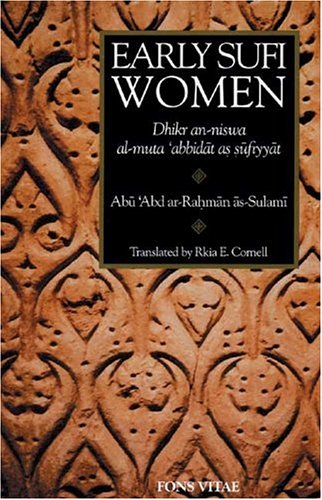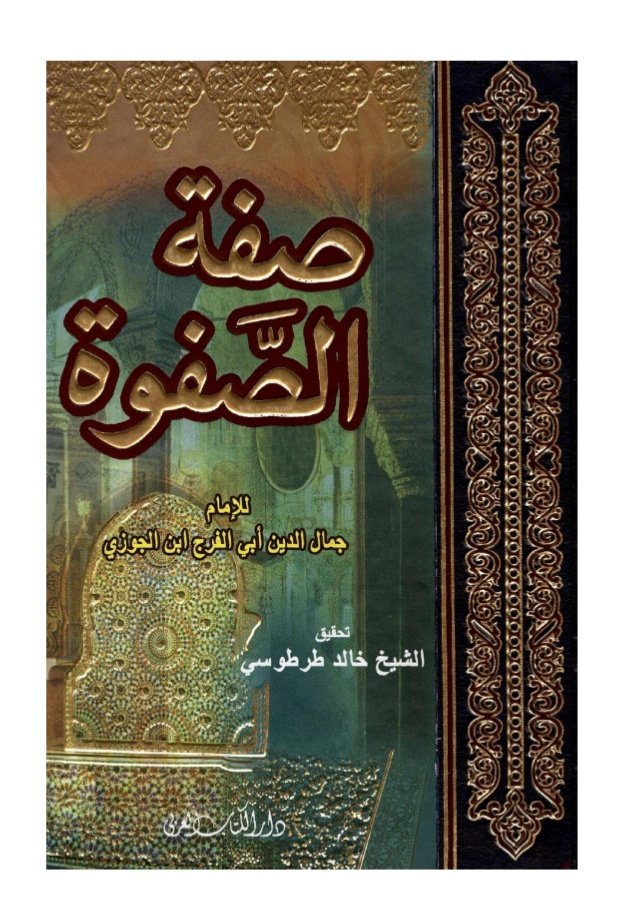A female imam is a woman who leads others in prayer. Her question is akin to asking how many women drink coffee. Her arrogant ignorance on the nature of prayer leadership--it is both practical and institutional--is sadly typical. A thread.
https://twitter.com/BBCWomansHour/status/1357974310527270913
Practically, when a woman leads anyone in prayer, she is an imam. Women lead their children, they lead family members and friends (including men), they lead other women in and outside the home. Far less often, women lead in institutional contexts (women-only or mixed-gender).
Institutionally, it is now widely deemed legal for those communities who want a female imam in their mosque. There's been a lot of legal analysis around this (some of which I took part in with @egypsci). I was an institutional imam for years. papers.ssrn.com/sol3/papers.cf… 

But there have always been familial and institutional female imams, such as companions of the Prophet and in Chinese women's mosques. 

The number of women's mosques is growing as are the number of gender-equal mosques. Small, but growing. @WomensMosque of America and Canada. @masjidalrabia and @JumaCircle (which I co-founded). Europe has a growing number. Please put other locations in the comments. 

The movement toward institutional acceptance of women imams had it's most dramatic push with Amina Wadud's @TheLadyImam historic 2005 prayer that was the impetus for so many to start organizing (including @renaissanceeast and I who organized two Eid prayers in which she led). 

Finally, while this thread was meant to outline the basics for those who sincerely want to know, what we do and when we do it is no one's business but ours. You are welcome to learn with us, but not to judge us. This is a great insider analysis:
P.S. I'm not going to engage comments that are combative or demanding from any quarter.
• • •
Missing some Tweet in this thread? You can try to
force a refresh











